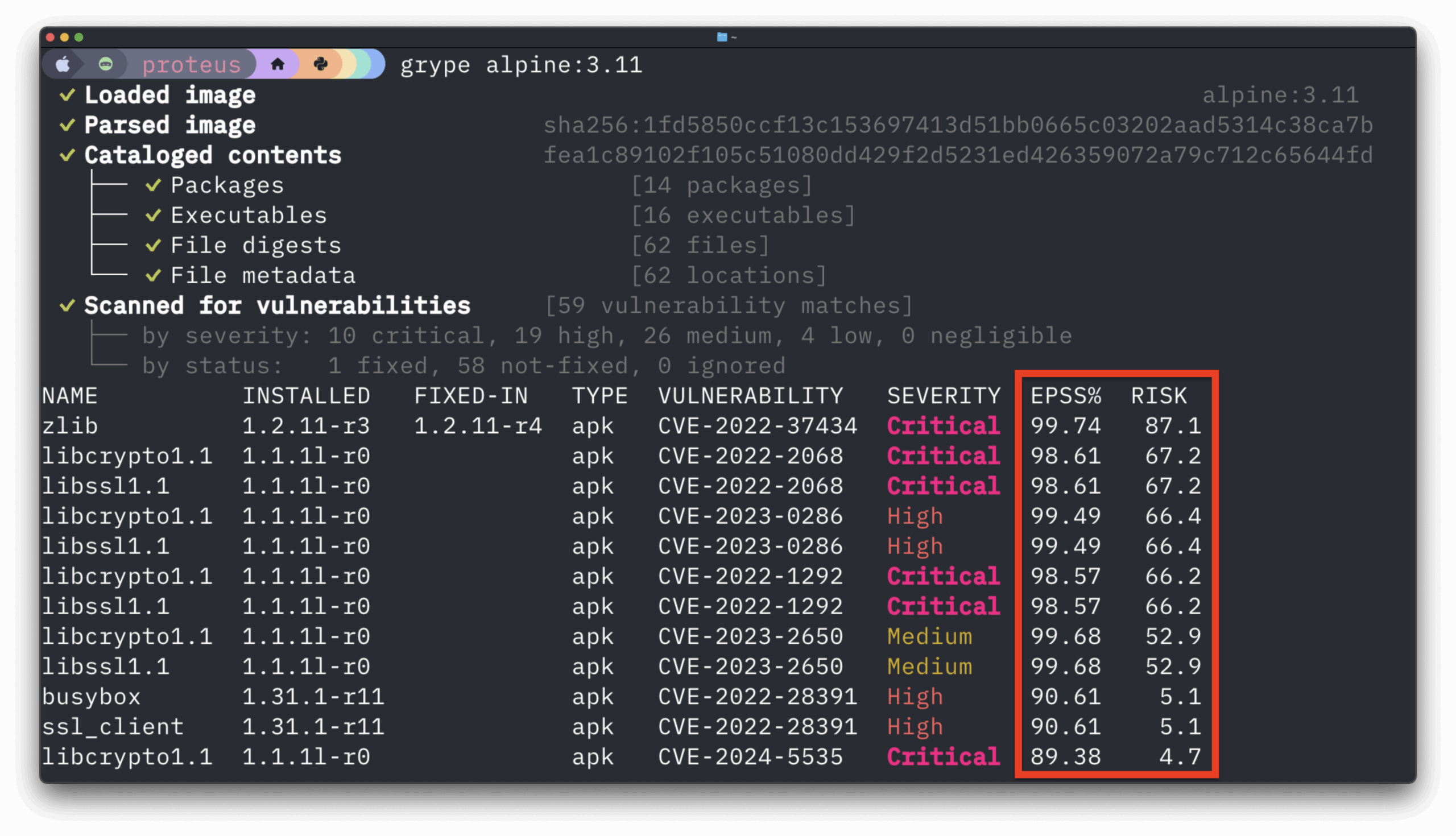Many companies have been investing heavily in Artificial Intelligence (AI) over the past few years. It has enabled cars to drive themselves, doctors to pick up on various diseases earlier, and even create works of art. Such a powerful technology can impact nearly every aspect of human life. We want to explore what that looks like in the realm of application security and DevSecOps.
Addressing DevSecOps Challenges With AI
The importance of maintaining compliance within any organization is crucial. Health care providers have to remain within the Health Insurance Portability and Accountability Act (HIPAA) requirements. Financial companies have similar requirements. Other companies have other requirements regarding protecting user data. Many times these regulations change. For example, HIPAA has had hundreds of minor updates and six major updates since its creation in 1996. Many times these requirements come in faster than humans can keep up with. AI can make sure that these requirements aren’t missed and implemented properly in any delivered code.
Additionally, AI is taking the feasibility of application security from many companies from a “sometimes” thing to an “always” thing. It speeds up that testing process from a laborious manual process to something that can be run in a pipeline.
AI functions like a human brain. With neural networks and backpropagation, It mimics how the brain changes to adapt to new situations. In this way, it can be leveraged to adjust to changes in code and infrastructure automatically.
The Future of “DevSecAIOps”
Another critical aspect of DevSecOps that is sometimes difficult to maintain is the speed of code delivery. Securing pipelines will always add more time due to added complexity and the need for human interaction within that pipeline. An example of this is a developer needed to change code to remove specific vulnerabilities found during a security scan. This is an aspect of DevSecOps that can benefit from the introduction of Artificial Intelligence. AI can change its own code through neural networks and backpropagation, so, logically, it could be used to make these changes to vulnerable code to get that code through the pipeline rapidly.
Additionally, AI can bring the expertise of the few cybersecurity experts to many companies and organizations. Though artificial intelligence has the ability to accomplish tasks that humans usually do, it is a data and labor-intensive process to train the models to function to the standard that humans do. But once they are functioning to that level, they can be utilized by many people and, in the case of DevSecOps, can be used to assist companies who cannot have DevSecOps engineers working on their pipelines.
Conclusion
The usefulness of artificial intelligence far outweighs the buzz of it in society. It has allowed many companies to iterate their technologies at speeds that simply weren’t possible before. With these rapid advancements, however, the importance of maintaining that same cadence in the realms of application security and DevSecOps cannot be overstated. By taking advantage of AI like other technologies are, DevSecOps can make sure that these rapidly developed technologies are powered by secure and stable code when they reach the user.


